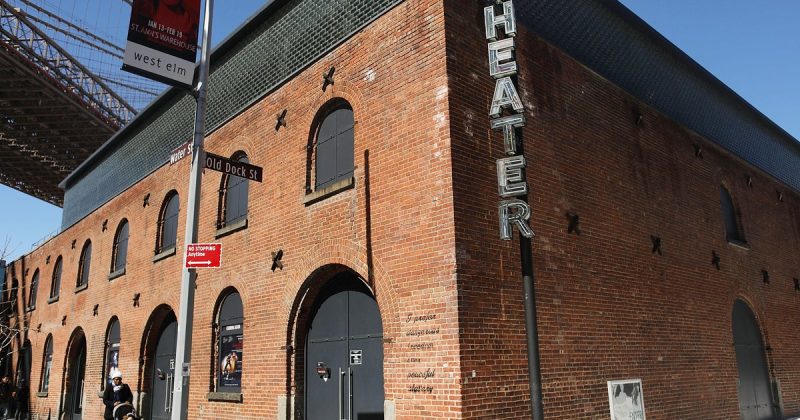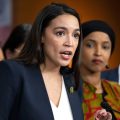
The National Endowment for the Arts (NEA), the primary funder of arts and arts education in the United States, has begun terminating grants to numerous arts organizations. This drastic action follows President Trump’s proposed budget, unveiled last week, which calls for the complete elimination of the NEA. While this isn’t the first time Trump has proposed defunding the NEA – similar attempts were made during his first term – Congress ultimately chose to continue funding the agency. This time, however, the impact is immediate and tangible for many.
The NEA has distributed approximately $200 million in grants in 2024 to a diverse range of recipients, including non-profit arts organizations, public arts agencies, colleges, universities, federally recognized tribal communities, and individual writers and translators. These funds, appropriated annually by Congress, are crucial for sustaining arts programs across the country.
Reports indicate that local theaters, literary groups, and other organizations have already received notifications of either immediate and complete grant withdrawals or limitations on funds accessible only until May 31st. This information comes from an anonymous NEA employee. The exact number of affected organizations remains unclear, but one employee stated that the terminations impact all grant awards and offers made in November 2024.
An NEA withdrawal email obtained by one affected organization explains that the agency is revising its grant policies and priorities to align with the President’s vision. The email outlines a new focus on projects that “reflect the nation’s rich artistic heritage and creativity,” specifically mentioning support for HBCUs and Hispanic Serving Institutions, the American independence bicentennial, AI competency, houses of worship, disaster recovery, skilled trades, military and veterans, Tribal communities, the District of Columbia, and Asian American economic development. Organizations are given a seven-day window to appeal the decision.
This development has sent shockwaves through the arts community, raising concerns about the future of arts funding and the potential impact on countless artists and cultural institutions. The situation underscores the ongoing political battle over government funding for the arts and the vulnerability of arts organizations to shifting political priorities.










